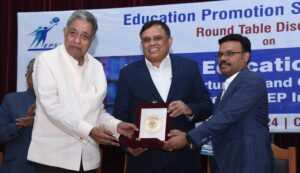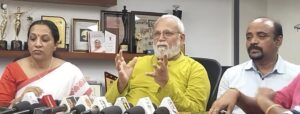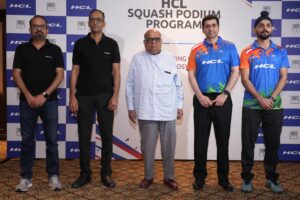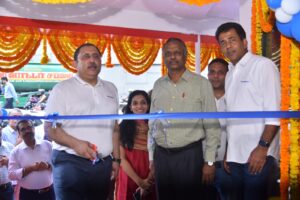Nearly 75 per cent of full-time workers on Indian farms are women, with less than
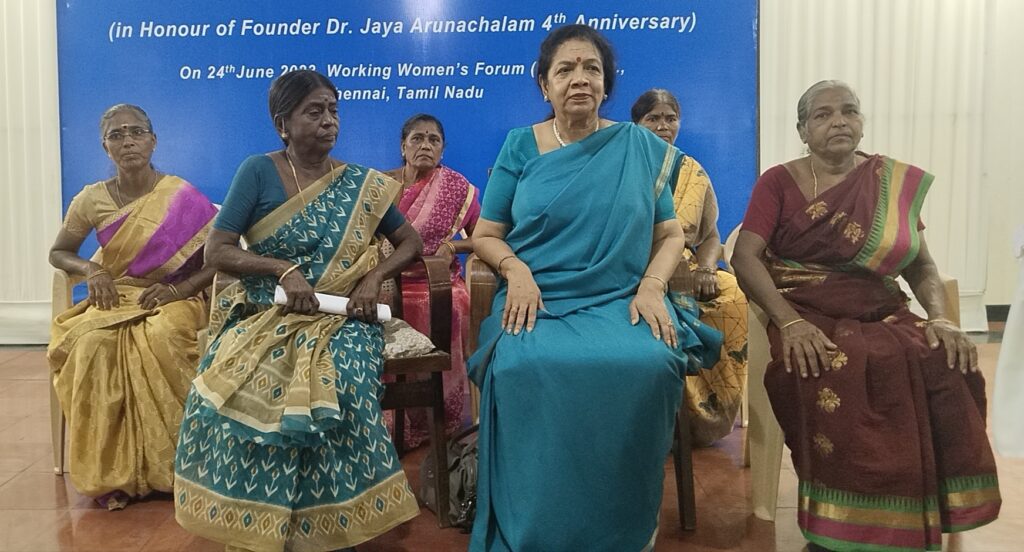
Nearly 75 per cent of full-time workers on Indian farms are women, with less than 8 per cent of women farmers owning land, said Dr. Nandini Azad, President Indian Cooperative Network for Women – Working Women’s Forum (ICNW – WWF) (the host organization). It has reached 600,000 women members across four states in South India (Tamil Nadu, Andhra Pradesh, Karnataka and Telangana) in 267 occupations. The voices of poor women are heard at global high tables with representation at for eg.: the World Farmers Organization (largest independent voice of farmers), and International Raiffeisen Union (oldest cooperative union) as board members, (the President ICNW is the only women to be elected in 50 years).
Our members are engaged in 267 occupations as diverse as fish, flower, and vegetable selling, idli (rice cake) and snack shop keeping, weaving, farming, poultry, lace making and hawking (service, manufacturing, production & trading center). They represent a convergence of class, caste, and gender that create very difficult social conditions of living for them. But our grassroots women have demonstrated that they can cope and recover from any climate shock or disaster through our ‘Gender and Equity’ model.
Dr. Azad shared remarkable stories of empowerment from WWF-ICNW (For eg.: Ms.Dhanalakshmi, Ms.Kaliammal Kumar, Ms.Saroja, from Kanchipuram). They highlighted the experience of transformation brought about as it helped bring land ownership often to the landless through financial inclusion. The participants of workshop were Indian Cooperative Network for Women (ICNW) Staff, (CEO’s, Cooperative Officials, members) and Working Women’s Forum (WWF) Members/Staff.
Today there are many stories but only some stories are here just for now. But you will get an idea of how the women’s cooperative movement can change women’s lives positively including climate change. And, hopefully, also what needs to be done in terms of policy to help this movement further!
Case – Studies:
Dhanalakshmi joined the ICNW 20 years ago. They continuously provided her financial assistance from Rs.1,000 to Rs.48,000 in loans. She started to plant coconut trees, mango trees, tamarind trees, neem trees, etc. Her mother-in-law divided the land and the garden among the 4 children. Meanwhile, her husband died while repairing the pump set doing in the well. Generally her husband took care of everything. Her family was devastated when he died. Next her 2 males in family also died. She and family were at home as widows. She joined the ICNW and took a loan of Rs.1000 and planted radish and chillies (from seeds). One season she received good yield. In the next season the crops dried up due to lack of water in the well. Plants like radish and chillies also dried up. Next, she took a loan of Rs.48,000 and with some other people’s support cultivated paddy in our land. With balance of the money of the, they bought 2 cows and started milk business. She gained Income from that. After some time she cleaned the well. Then she cultivated vegetables and greens, paddy and ragi. She received a good income. From that income she built separate houses for each of her sisters-in-law. Also she used to trade in vegetables , milk and curd when there was no rain.( no crops) They collect goat dung, cow dung and garbage and use as organic manure for their land through pits. Coconuts and mango trees protected then when there was no rain. She educated her children. She sells the vegetables on her own which grows in their land.
They promote traditional methods of organic manure, such as compost pits, which provide a second income source for farmers by utilizing animal dung in manure pits. Vermicompost is another technique used to make the land fertile by using worms.
For eg.: Climate issues:
Use of single foot plough on the land locked the cows on both sides and when plowing the land. The top soil comes from under the soil. The soil below comes to the upper part, then water is filled. Natural manure is dug next to the house, cow dung, goat dung, garbage is poured into it and the manure left for 3 months is spread on the land. It yields good results.
Let me introduce Kaliammal Kumar.
Kaliammal kumar is a widow is from Vippedu in Kanchipuram district, Tamilnadu. Working on agriculture due to her husband who belongs to a farming family (owns 1 cent of land) she was born in a town. Only twice a day they could afford meals with their income as wage labourers on land. During this time they met the WWF-ICNW Coordinator who helped her receive a loan of Rs.1400 (as a members). Next with a loan of Rs.2400 she cultivated crops, ploughing land with hired cows. After the rains she received 4000 rupees as loan and grew peanuts, brinjal, greens (Keerai), tomato that received a good yield and sold profitably in market.
Next loan, they took land on lease to cultivate paddy (rest cash saved) with Rs.10,000. The subsequent loan she bought a cow, milked to start selling it; another loan she could bring another cow and sold milk or made into curd. Now 1 acre of land was acquired with Rs.20,000 ICNW loan and the money she saved as cash. (They bought land they took on lease). Harvested greens, brinjal, tomato sold in the market. Receiving a Rs.30,000 loan she planted paddy on her land. Used it for their own food and used home made organic manure. Paddy grown was sold. Next another acre of land was bought with ICNW loan of Rs.40,000. They cultivated paddy again. Then with Rs.45,000, they build them house which was a thatch roof earlier. But her husband alas passed away – she educated her 2 sons a Information Technology education. They also went to work. As no water, she changed her farming strategy to peanuts, tomato and greens for the market.
With another Rs.48,000 loan she build another room adjoining the house.
She feels she has progressed well in life. With 2 acres and 10 cents she has bought through various diversified strategies due to ICNW loans. She has employed other women that she is happy about on her land. Eternally grateful to the President ICNW responsible for this, Nandini Azad Amma relieving her from starvation.
Saroja is a widower and a marginal farmer from Kancheepuram, Tamil Nadu. First, she had started a poultry farm on her land from her own savings. But her poultry business suffered heavy losses due to market imperfections & fluctuating prices of farm inputs and severe competition in the poultry market. Also, her chicken were prone to various diseases. Processing chicken feed was difficult for her. The pandemic was a death blow to her. The ICNW continuously provided her financial assistance with 16 progressively increasing loan cycles from Rs.4,000 to Rs.40,000- and technical knowledge to grow chicken feed, market and care for diseased chicken. She grew chicken feed on a small parcel of her land; the rest was used for the poultry farm. In a short while, her poultry business became self-sustaining. The chicken waste was used as organic manure for mango trees on her farm and also sold to other farm owners. This way she could earn some extra income during the lean season.
The presentation shows the adoption of climate-smart technologies by poor women farmers of WWF-ICNW. Practices such as using a single furrow plough to turn the topsoil, vermin composting, compost pits and establishing an organic seed network. These methods not only improved agricultural productivity but also ensured a sustainable and environmentally friendly approach to farming.
Plan of Action:
During this workshop event, success stories from the field were highlighted (given above).
The Cooperative leaders also shared their experiences. Also group discussion lead to a Plan of Action for climate financing based on saving soil, organic systems, climate smart technologies for the next year it was announced Dr.Nandini Azad. During the World Farmers Assembly in South Africa she had highlighted that due to ICNW-WWF poor women have begun to own land (through financial inclusion. Our members have these climate smart technologies for 100s of years (i.e., poor women), she concluded.
We would be very grateful if you could kindly support coverage and publish it in your esteemed newspaper/website/television network.
Thank you, very much.
This was held at the Working Women’s Forum Silver
Jubilee Auditorium No.55, Bhimasena Garden Road, Mylapore,
Chennai – 600004,
(Call 24992853 or Cell:9361691027, 8778035358, 9810354181 for any
clarification or statement, held 3.00 to 5.30 p.m. Saturday 24 th June 2023).
E-mail:wwforumindia@gmail.com

